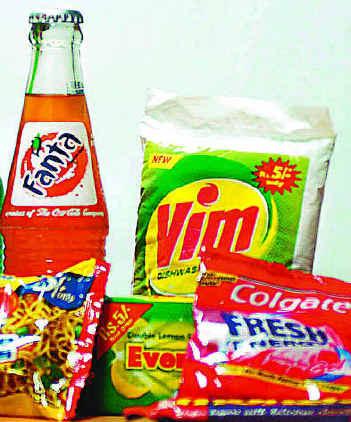Under the agreement, IOC’s over 1,600 KSK across the country would stock and sell Dabur’s range of healthcare, oral care, personal wash, skin care and home care products, the company said in a statement. The agreement is initially for a period of five years.
“Dabur already has a strong rural footprint with a pan- India network of over 2,200 stockists and super-stockists. The agreement with IOC will help Dabur expand its rural footprint and better reach out to rural consumers,” Dabur India Vice President-Sales (Consumer Care Division) George Angelo said.
IOC’s KSK is a chain of one-stop rural retail outlets that offer fuel and other non-fuel value-added services like seeds, pesticides, fertilizers, grocery, personal care, tools, auto spares etc, in the rural markets.
Dabur will now offer its range of consumer goods in the chain. “IOC was looking at widening the product portfolio being offered at its KSK to include FMCG (fast moving consumer good) items and reach out to rural women. We felt it was a good opportunity to further penetrate the rural market,” Angelo added.




